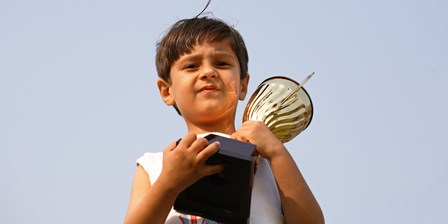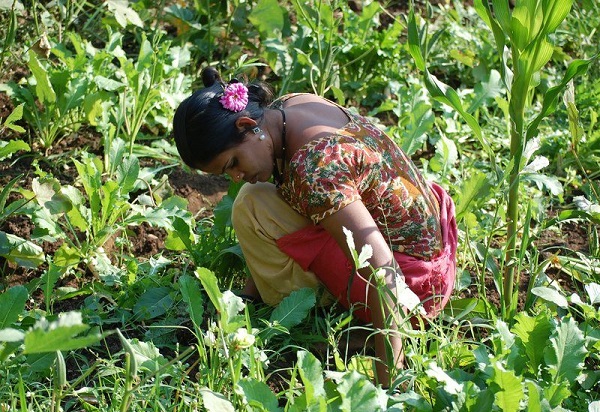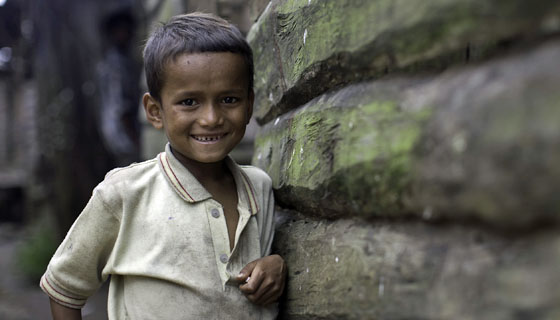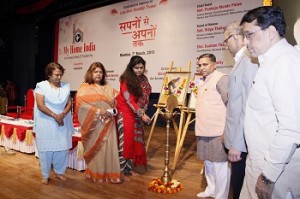Chapter 2, First Meetings
He and I met at a conference for bakers. Funnily enough, both of us were with our partners. He with his wife, a stunning brunette who must have been willowy at some point in her life but had now lost some of her youthful firmness. A beautiful woman, nevertheless. I noticed her across the room even before I saw him, partly because she stood stiffly in her high-heeled pumps in a dress of dreamy teal chiffon topped with a large statement necklace in blue. Turning to see who she was with, I saw him with his eyes locked in mine.
It sent a frisson through me, his frank and open stare, with his wife just next to him and looking in my direction as well – she’d probably turned to see what he was looking at. Smoothly, noticing her gaze from the corner of his eye, he turned his face to look at the fearsome-looking exhibit next to them: a large pink and yellow creation shaped to look like a princess castle. I noticed that he looked slightly appalled, as did my boyfriend, Amar.
“What the absolute f**k is that,” Amar murmured, pointing at the cake-castle. “You want to go and laugh at it?” he grinned, and taking my hand, led me to it. I checked to see where he was – he had moved to another exhibit down the table, and they were both intently listening to a woman baker explaining her tray of blue cookies and macarons.
I don’t remember much of the conference, nor the exhibition hall and its contents, but I do remember looking around the room several times to see where he was. I caught him looking at me a couple of times. The last time he did, he turned away with the slightest smile on his lips. On any other man, that smile would have said, ‘Gotcha!’
On him, it simply said, ‘I’d like to know you…’
We met each other a month later, again, by accident. This time, both of us were alone. And we made the time to go to a café. Nothing was said about our earlier meeting – it was understood why we were sitting across from each other having lattes at mid day. The question was, What were we going to do about this little thing that existed between us?
I could have, should have, done nothing. But I did.







